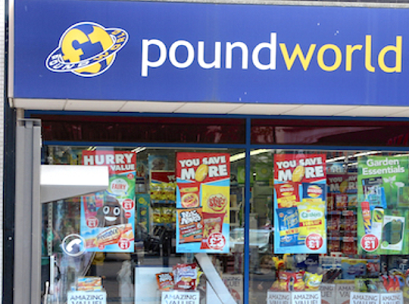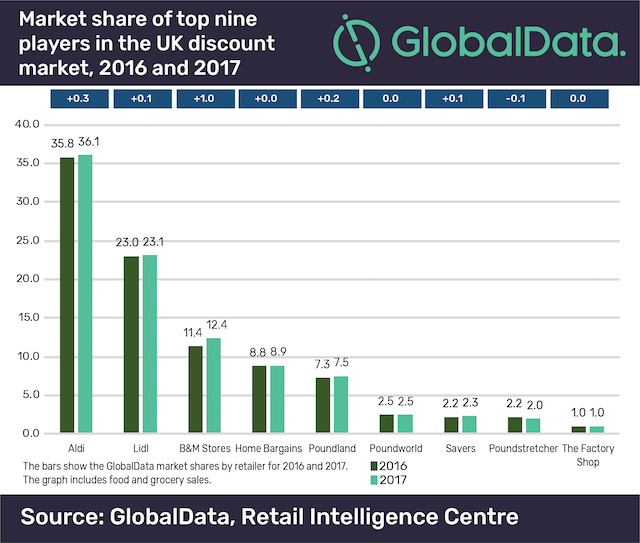 It’s all over for the UK’s Poundworld discount chain, which has failed to find an investor to rescue it from administration.
It’s all over for the UK’s Poundworld discount chain, which has failed to find an investor to rescue it from administration.
Poundworld has announced it will close all of its remaining stores by August 10, two months after it entered administration, setting off a wave of closures. The first 105 stores ceased trading last week and a further 80 will follow on Tuesday, July 24. That left just 190, which the company has now announced will cease trading, along with head office and distribution centres.
Thomas Brereton, a retail analyst at GlobalData, said Poundworld must look to its own failures – and in particular its failure to stand out from other discounters – to explain its demise.
The British value variety store that sells most of its items for £1 was founded in 1974 by Yorkshire-based father-and-son team Chris Edwards Sr and Chris Edwards Jr.
“It is easy to assume that the higher supply costs stemming from Brexit, ferocious competition amongst discounters and rising wage costs were all responsible for Poundworld’s failure, but this is not the whole story,” said Brereton.
“As with retailers across sectors, differentiation amongst the discounters remains the key to growth. One misstep by Poundworld was a failure to offer shoppers a reason to choose them over Poundland, B&M or Home Bargains.
“Poundland is thriving on the back of its recent expansion of value clothing brand Pep&Co, and B&M is expanding into food and offering larger items such as outdoor furniture. Poundworld failed to find a unique selling point, and without it consumers were quick to switch to a retailer that did,” he said.
Other factors certainly played a part, with falling footfall exacerbated by a loss of Poundworld’s credibility among consumers. Following difficulties in credit insurance, the discounter struggled with stock availability over the all-important Christmas trading period in 2017, inevitably leading to a loss of custom to rivals Poundland and B&M.
“Unfortunately for Poundworld, adverse currency changes arising from the 2016 referendum hit it harder than most. Its smaller market share than B&M, Home Bargains and Poundland meant that international buying power was weak in comparison. This proved to be fatal, with its high reliance on the now more expensive overseas imports crippling its operating profits.
“While Poundworld cannot be blamed for the fallout of the referendum result, it is responsible for its attempt to mitigate its impact through a poorly executed multi-pricing strategy. Its rapid repositioning backfired, leaving shoppers confused about what to expect when walking into a store,” said Brereton.
“However, Poundworld is not alone as macroeconomic conditions have affected numerous retailers across the British high street this year, including household names such as New Look and Toys R Us. But for the seemingly impervious discounters, the loss of Poundworld will make it clear that the physical retail landscape is a treacherous one to all.”






